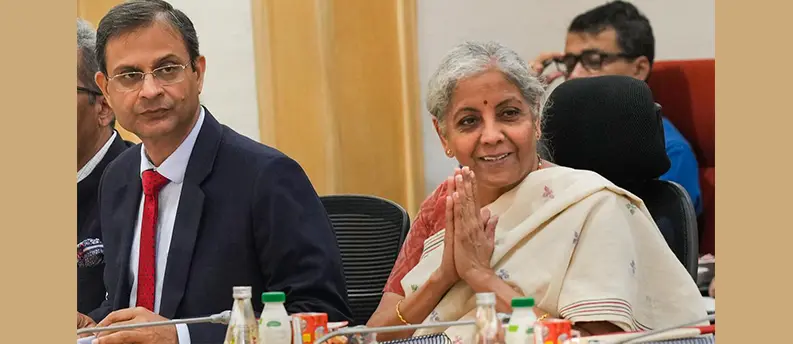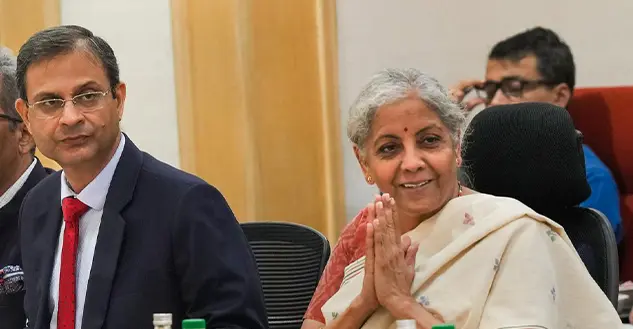 The GST Council has announced significant modifications to the tax structure, particularly affecting the sale of used electric vehicles (EVs) by businesses. While individuals selling used EVs directly to other individuals will continue to enjoy an exemption from GST, businesses involved in the buying and reselling of these vehicles will now be subject to an 18% GST on the margin value. This move marks a notable shift in the way used EV transactions will be taxed in India, especially for businesses operating in this space.
The GST Council has announced significant modifications to the tax structure, particularly affecting the sale of used electric vehicles (EVs) by businesses. While individuals selling used EVs directly to other individuals will continue to enjoy an exemption from GST, businesses involved in the buying and reselling of these vehicles will now be subject to an 18% GST on the margin value. This move marks a notable shift in the way used EV transactions will be taxed in India, especially for businesses operating in this space.
Under the new framework, individuals who sell used electric vehicles to each other will remain exempt from the Goods and Services Tax. However, the new provision will have significant implications for businesses. Companies purchasing used EVs and reselling them will now need to pay an 18% tax on the margin value of these transactions. This change comes as part of the broader efforts to streamline the taxation on electric vehicles and related services, aiming to boost the sector’s growth.
In addition to the changes in the used EV tax structure, the GST Council has also deferred its decision on reviewing tax rates for food delivery platforms, such as Zomato and Swiggy. This issue remains a point of ongoing discussion, as the Council continues to evaluate the evolving nature of food delivery services and their tax implications.
Moreover, the Council has provided clarity on the tax treatment for payment aggregators. Transactions below INR 2,000, processed by payment aggregators, will no longer be subject to a tax levy. This decision is expected to simplify the process for small-scale transactions and encourage the growth of digital payments.
These changes reflect the Council’s ongoing efforts to adapt the tax structure to the evolving landscape of business practices and emerging sectors in India. By addressing key sectors like electric vehicles and digital payment systems, the GST Council aims to foster growth while ensuring fairness and clarity in tax obligations across various industries.




